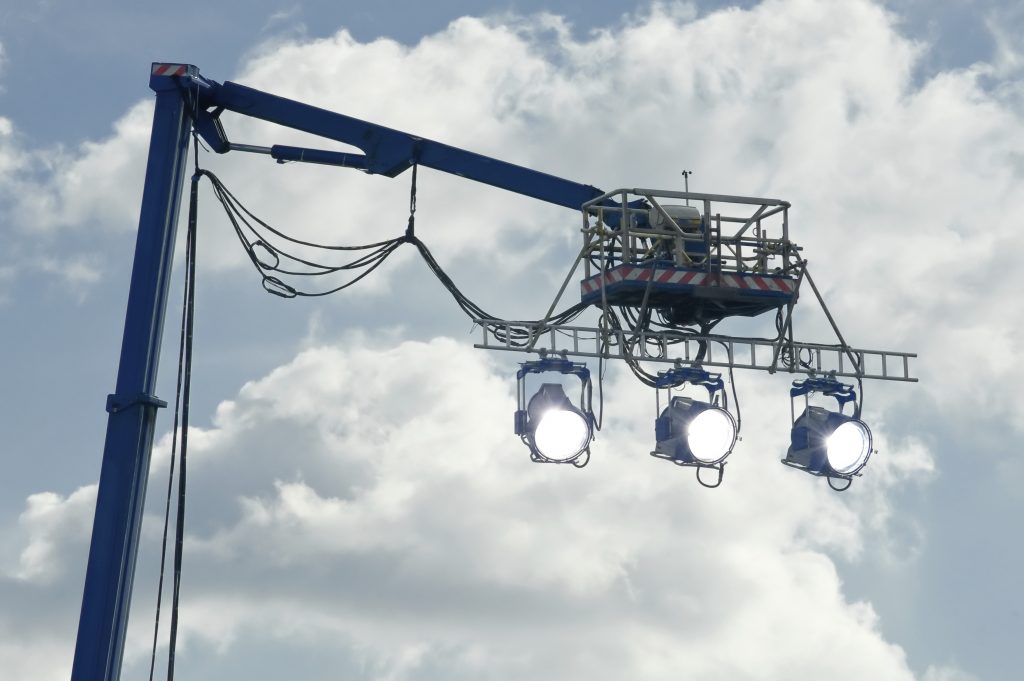The Future of Viewing at SXSW with Sony Pictures Television President Steve Mosko and Rep. Castro
During the just wrapped Film section of the SXSW Festival, the MPAA hosted the “The Future of Viewing,” panel featuring Sony Pictures Television President Steve Mosko and Representative Joaquin Castro of Texas. The forward-looking session touched on a number of issues from distribution platforms to global audiences, production economics and diversity. Even with the breadth and depth of the topics covered, a single theme echoed throughout the conversation: there is more opportunity for individuals, consumers and businesses than ever within the television industry.
Representative Castro began the conversation by noting a rise in the number of scripted television series, reinforcing the notion that we live in a golden age for television. He recalled that it seemed that it was only a few years back that everyone was talking about the demise of scripted television and that reality TV was the new normal.
In response, Mosko aired previews of a wide variety of Sony produced movies and TV series to be released on a diverse set of platforms. In particular, Mosko highlighted: “Powers,” an original series for PlayStation; “Comedians in Cars Getting Coffee” and “Joe Dirty 2” for Crackle and the hit series “Community,” airing on Yahoo Screen.
Mosko and Castro also discussed the industry’s increasingly global reach, with Mosko referring to his business as a “global enterprise.” He noted that while the industry’s global nature allows TV shows and movies to reach new audiences, it also makes it challenging to protect content like the final episode of “Breaking Bad.” In order to protect the integrity of the story for fans, the world over, Mosko described implementing a number of safeguards across the distribution chain so no leaks were made in advance of the airdate.
Ensuring that shows like “Breaking Bad” are distributed legitimately is especially important when considering how productions positively impact the communities they call home. Mosko explained how productions like “Better Call Saul” and “The Night Shift” currently filming in Albuquerque benefit the local economy. These productions generate hundreds of jobs, and contribute and estimated $2 million to the economy per episode. “It creates jobs. It creates revenues,” stated Mosko. “The hotels are filled. The restaurants are filled.”
For more details from the panel, check out Deadline’s coverage here.


